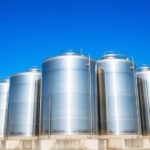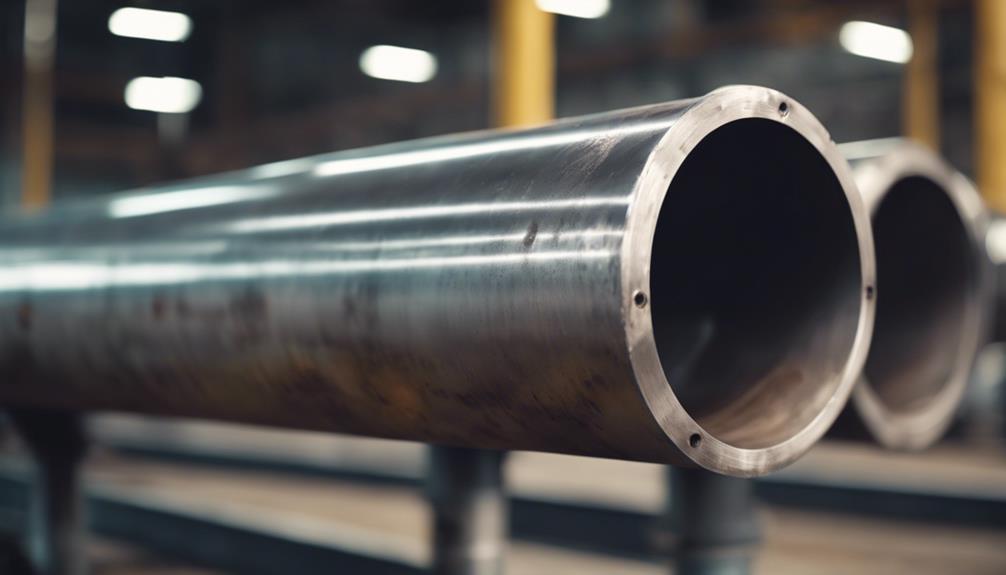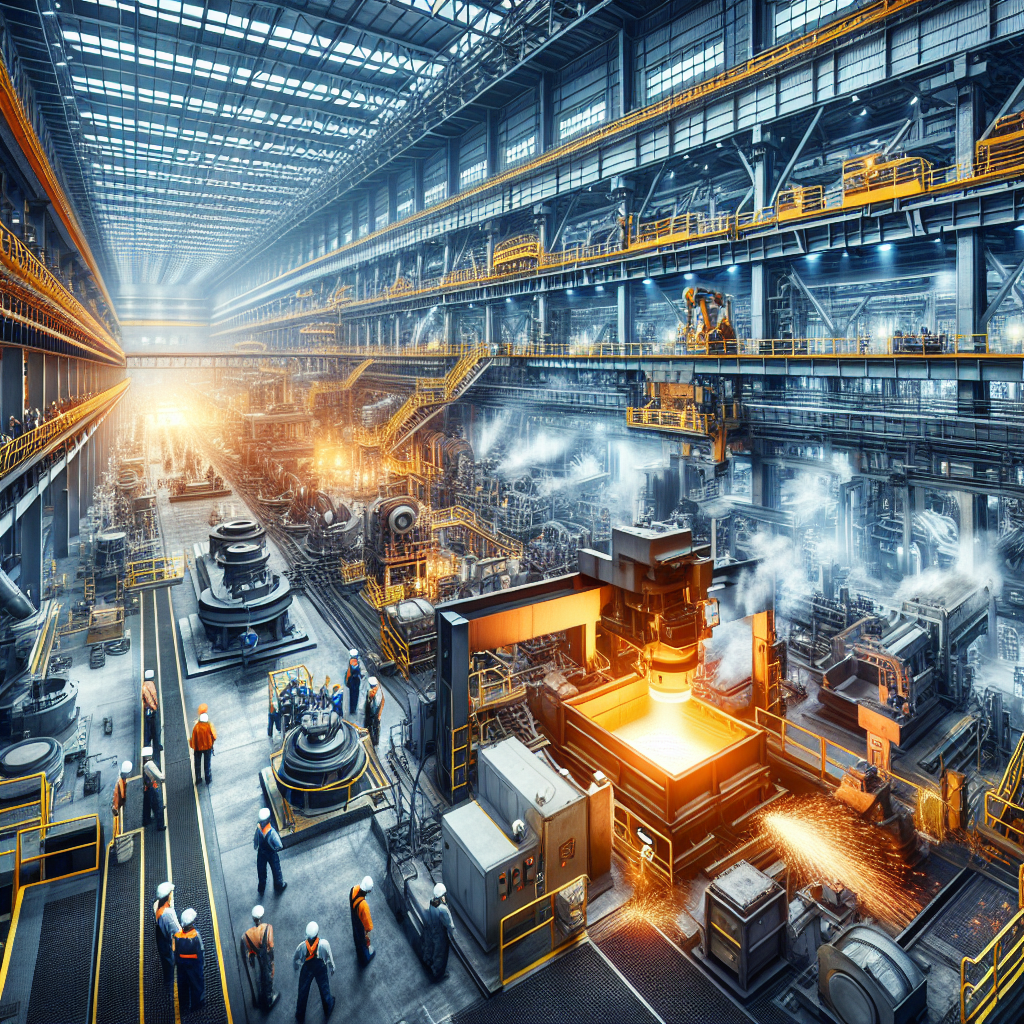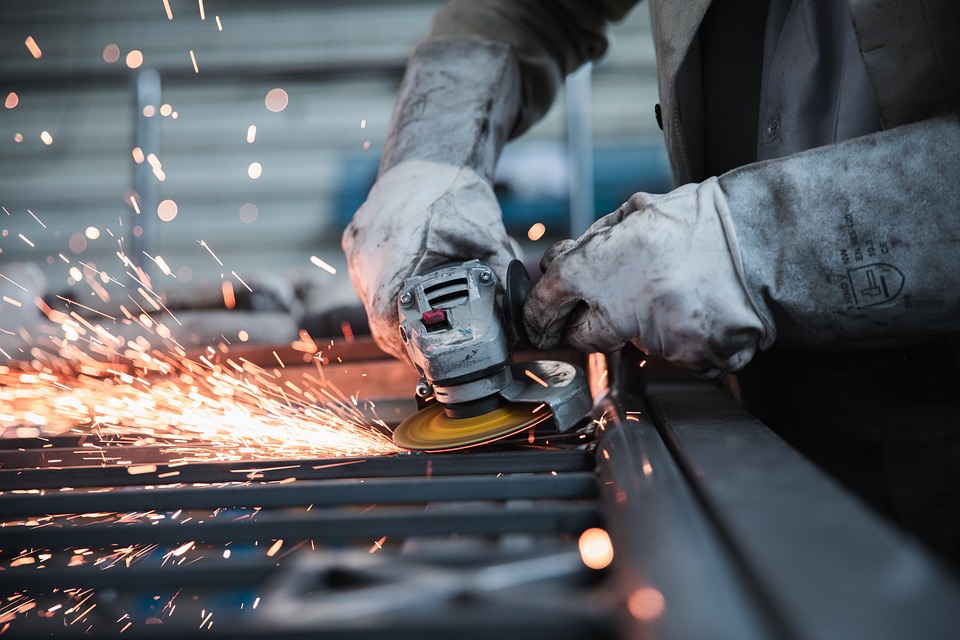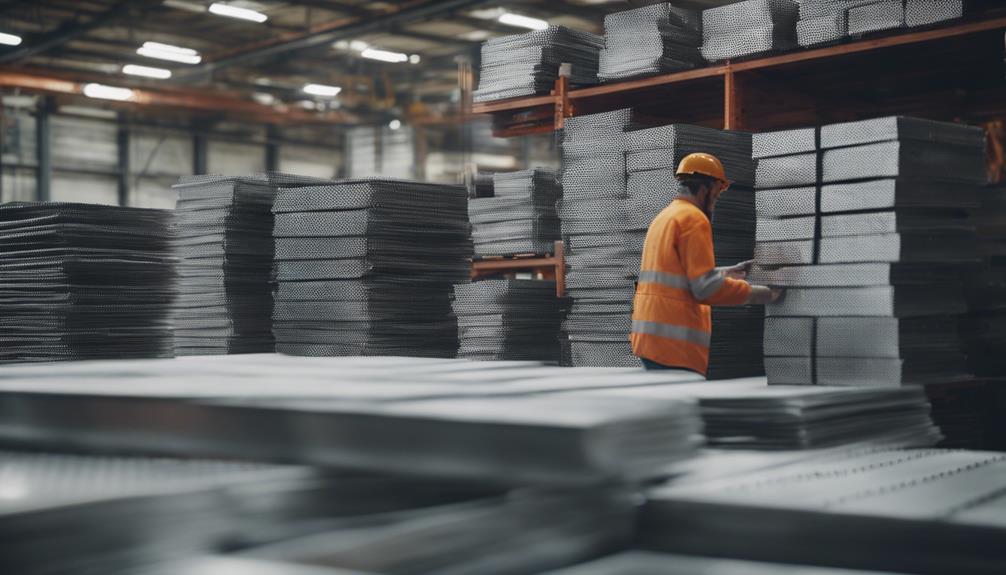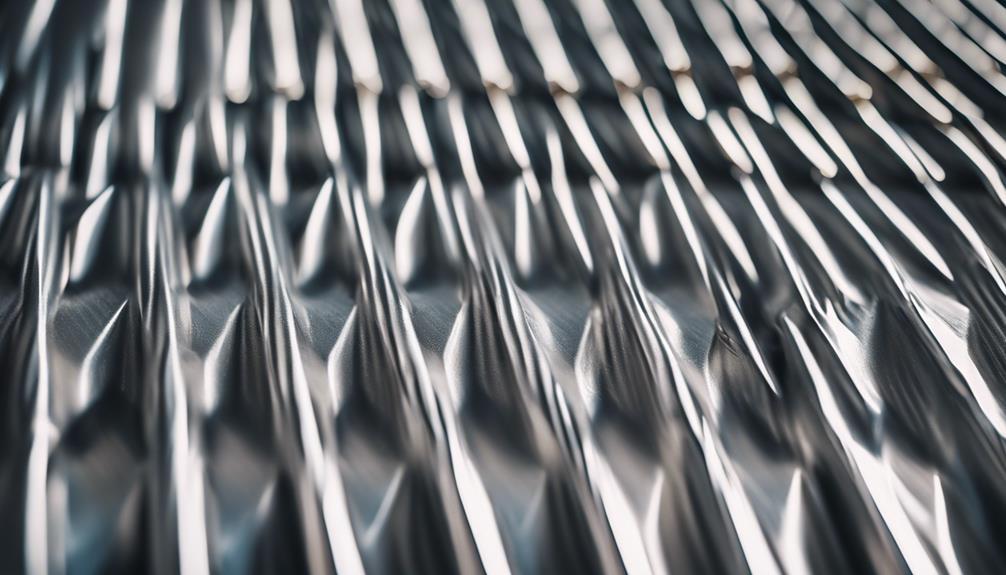Steel pipes are crucial for industries like mining, oil, and natural gas, ensuring the safe transport of liquids and gases under extreme conditions and high pressures. These durable pipes come in various schedules and sizes to meet specific industry needs, contributing greatly to the smooth operations of multiple sectors. Explore more about the types, sizes, and benefits of steel pipes for a thorough understanding of their versatile applications.
Key Takeaways
- Steel pipes are essential for transporting liquids and gases in industries like mining, oil, and natural gas.
- They are known for durability, high pressure resistance, and ability to withstand extreme conditions.
- Steel pipes come in various types like structural steel pipes and welded steel tubes for different applications.
- Steel pipe sizes include nominal inside diameter, wall thickness schedule options like SCH 40 and SCH 80.
- Stainless steel pipes offer corrosion resistance, durability, and come in various schedules for diverse project needs.
Steel Pipe Applications
Utilized across a wide range of industries, steel pipes play a pivotal role in the transportation of liquids and gases essential for various applications. In industries like mining, oil, natural gas, automotive, and aviation, steel pipes are indispensable for their durability and ability to withstand high pressure and extreme conditions. These pipes guarantee the safe and efficient conveyance of substances critical to operations. Stainless steel pipes, available in different schedules and customizable sizes like 304 Sched. 5, 304 Sched. 10, 304 Sched. 40, 304 Sched. 80, and 316 Sched. 10, cater to specific industry needs. Their versatility and reliability make them a top choice for fluid transportation, contributing significantly to the seamless functioning of various sectors.
Types of Steel Pipes
Steel pipes are classified into various types, each serving specific purposes and meeting distinct industry requirements. Among these types are structural steel pipes and welded steel tubes, with variations such as ASTM A500 Grade B and ASTM A53 Gr B. Welded round steel tubes and galvanized pipes are common options available in different nominal sizes and wall thicknesses for various construction projects. The A500 grade steel pipes offer higher mechanical properties compared to A53 sch 80 pipes. Steel pipes are measured by nominal size, with stock availability ranging from 1ft to 4ft, along with options for custom cutting and adherence to dimensional mill tolerances. The versatility of steel pipes lies in their customization options, different wall thicknesses, and availability in various lengths, making them suitable for diverse applications in construction and industrial projects.
Steel Pipe Sizes
Measuring steel pipe sizes involves determining the nominal inside diameter (ID), schedule for wall thickness, and the required length, providing crucial specifications for various construction and industrial applications. Steel pipes come in various nominal inside diameters such as 1/2', 1', 1-1/4', 1-1/2', and more, catering to different project requirements. Stock availability includes standard lengths like 1ft, 2ft, 4ft, 6ft, 8ft, 10ft, and 21ft, with the option for custom cutting. Wall thickness options like SCH 40 and SCH 80 offer flexibility for structural or pressure applications. Steel round tubes and galvanized pipes also offer various nominal sizes and wall thicknesses to meet diverse construction needs accurately. Custom cutting services further guarantee precise sizing for tailored solutions.
Steel Pipe Schedule Options
When considering steel pipe options for different applications, understanding the schedule variations is essential for ensuring structural integrity and performance. The steel pipe schedule refers to the wall thickness of the pipe, with common options including SCH 40 and SCH 80, each catering to specific project requirements. Schedule 40 steel pipe features a thinner wall compared to schedule 80, impacting its pressure handling capacity and suitability for different projects. The schedule of a steel pipe greatly influences its weight, cost, and structural integrity, making it imperative to select the appropriate schedule based on the intended use. Higher schedule numbers indicate thicker walls, offering increased durability and strength, especially for heavy-duty applications. Properly grasping steel pipe schedules is crucial for choosing the right pipe for structural, plumbing, or industrial projects depending on pressure needs and load-bearing capacity.
Benefits of Stainless Steel Pipes
In the domain of piping solutions, stainless steel pipes offer a myriad of benefits that make them indispensable in various industries and applications. One of the key advantages of stainless steel pipes is their corrosion-resistant nature, which makes them ideal for use in industries such as mining, oil, and natural gas where exposure to harsh elements is common. Additionally, these pipes are highly durable, capable of withstanding high temperatures and pressure, making them essential in the automotive and aviation sectors. Stainless steel pipes are available in different schedules like 304 Sched. 5, 304 Sched. 10, and 316 Sched. 10, catering to diverse project requirements. Their corrosion resistance and durability make them a preferred choice for critical applications across industries.
Custom Cutting Options for Steel Pipes
Are you looking for customized solutions for your steel pipe projects? Tailored cutting options provide the ideal solution. Steel pipes can be specially cut to specific lengths, guaranteeing they meet the exact requirements of your project. This precision in sizing eliminates excess material, reducing waste and optimizing the use of steel pipes. By offering personalized cut services, suppliers enable customers to order steel pipes in tailored lengths that facilitate easy installation. Whether for construction or industrial applications, customized cutting services offer flexibility and efficiency, allowing for seamless integration of steel pipes into various projects. Embracing customized cutting options ensures that your steel pipe needs are met with precision and effectiveness.
Ordering Steel Pipes Online
Exploring the convenience of procuring steel pipes online offers a streamlined approach to acquiring various sizes and types for your project needs. When ordering steel pipes online, customers can choose from a wide selection of options, including Steel Round pipes in different nominal sizes and wall thicknesses. Online platforms provide the flexibility of custom cutting to meet specific project requirements, ensuring precise dimensions. Buyers can easily access various types of steel pipes like A500 and A53, along with choices such as galvanized and structural variants. Additionally, online purchasing typically includes transparent pricing, discounts for bulk orders, and the availability of overstock lengths, enhancing the convenience and cost-effectiveness of procuring steel pipes for diverse construction and industrial applications.
Frequently Asked Questions
What Are the 4 Types of Steel Pipes?
There are four main types of steel pipes used for various applications, each offering unique characteristics to suit different needs. These pipes include A-500 Structural Steel Pipe, A-500 ERW Structural Steel Pipe (2 SCH 40), A-500 Structural Steel Pipe (2 SCH 80), and A-500 ERW Structural Steel Pipe (2-1/2 SCH 40).
Why Is Steel Pipe so Expensive?
The cost of steel pipe is influenced by various factors such as raw material prices, manufacturing complexity, quality standards, market demand, and economic conditions. These elements collectively contribute to the overall expense of steel pipe products.
What Is the Price of 5 Inch Steel Pipe 20 Feet?
The price of a 5-inch steel pipe that is 20 feet long can vary based on factors like grade, material composition, wall thickness, and finish. Prices may range from $100 to $500 or more, influenced by supplier and market conditions.
What Is Steel Pipe Used For?
Steel pipe is a versatile material utilized in various industries for its strength and durability. Common applications include structural construction, transportation of fluids and gases, and customization to meet specific project requirements.


